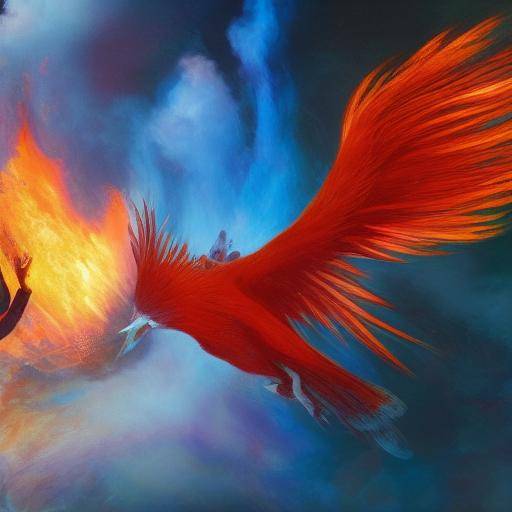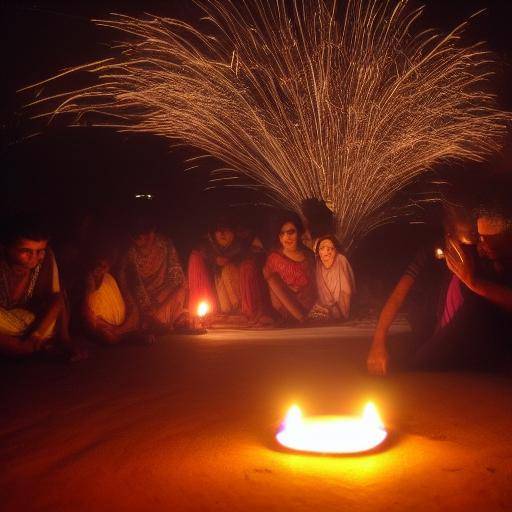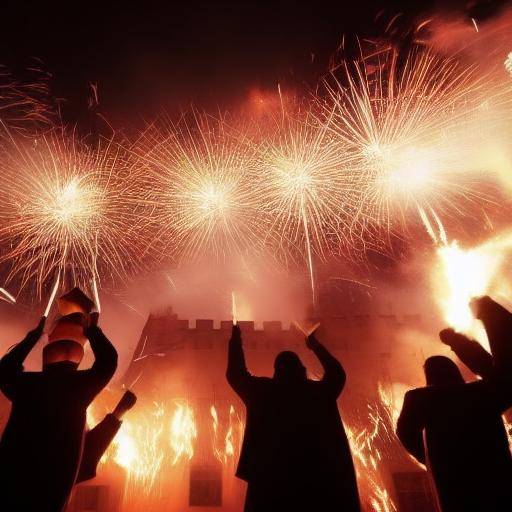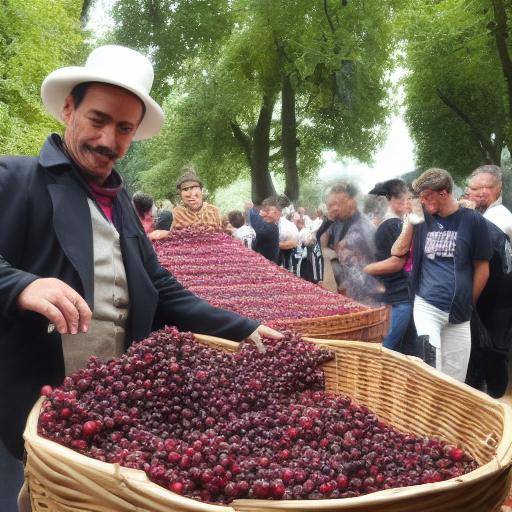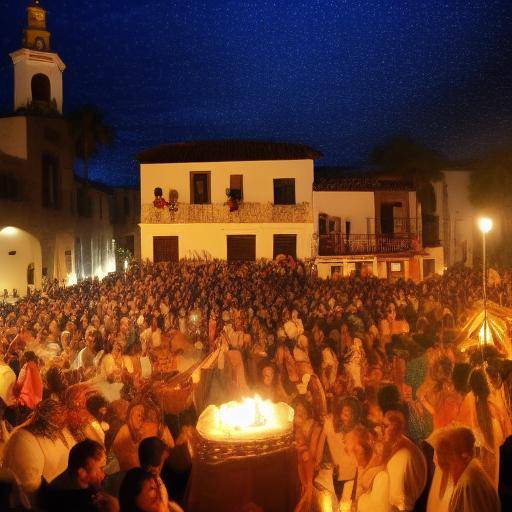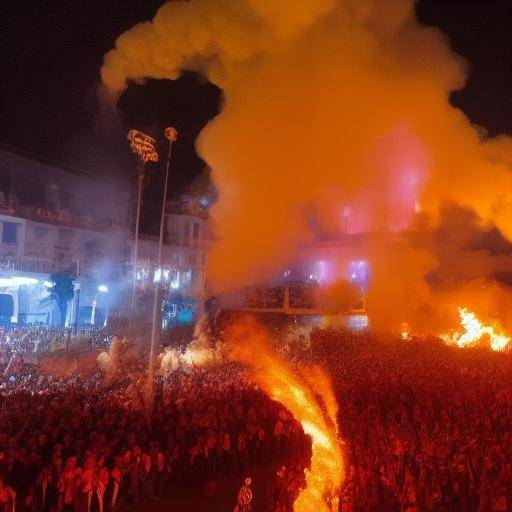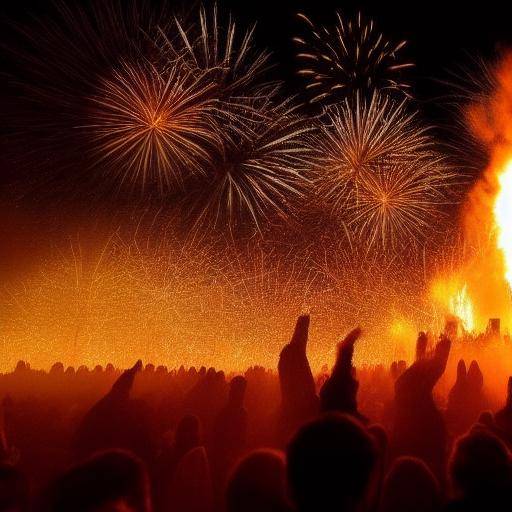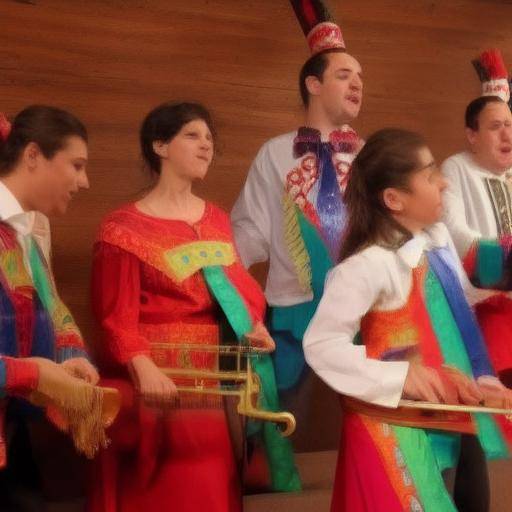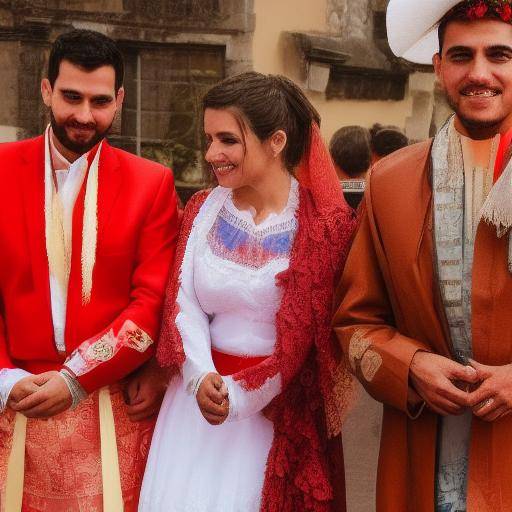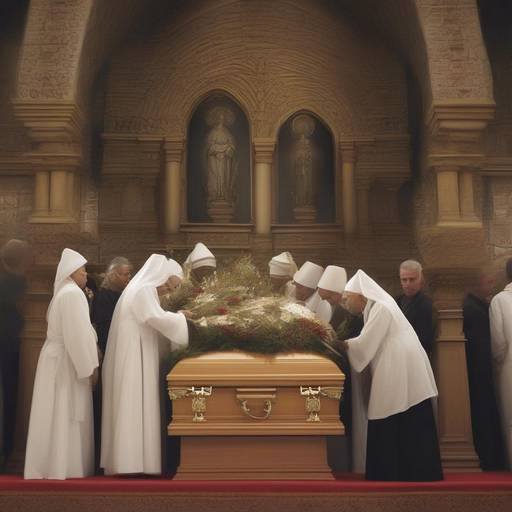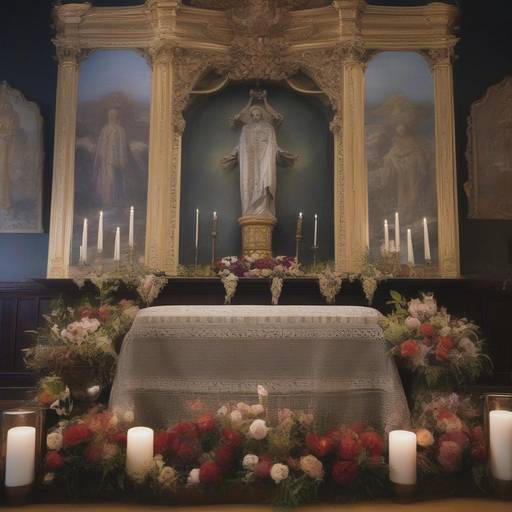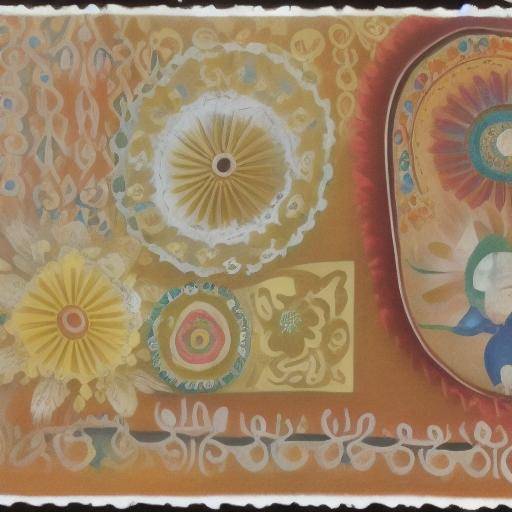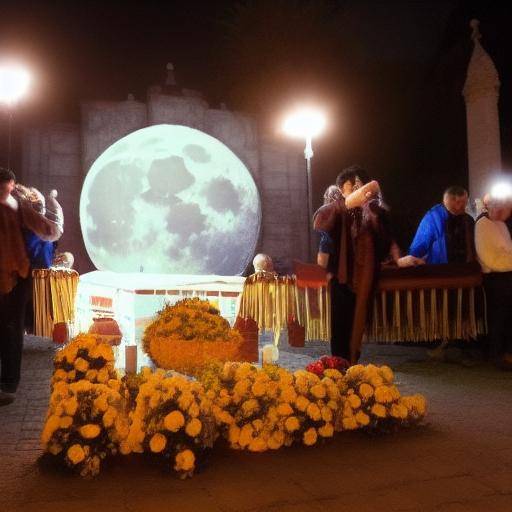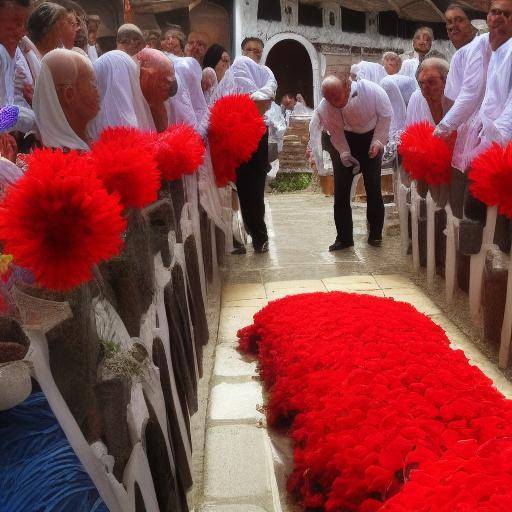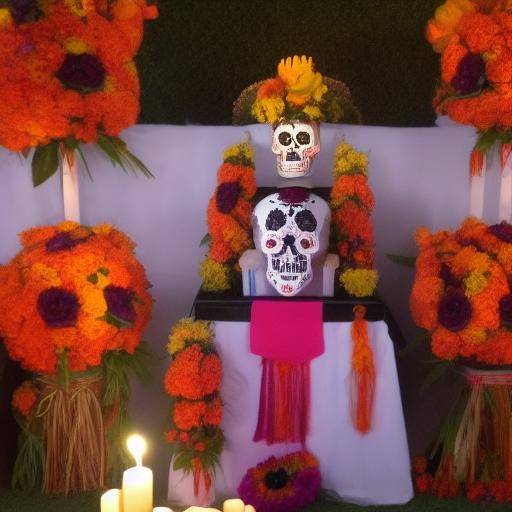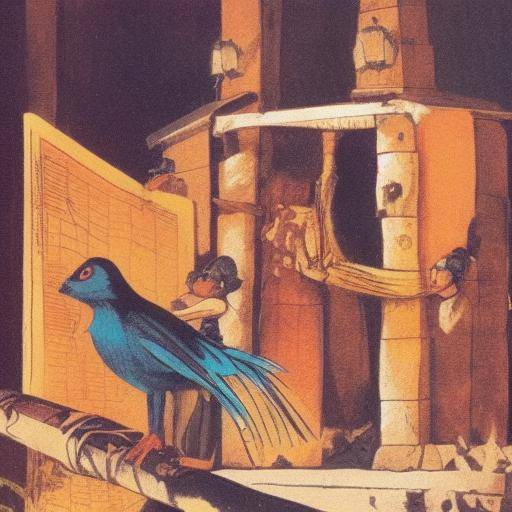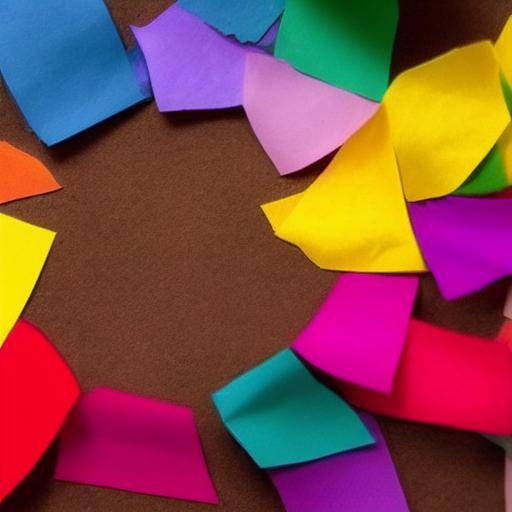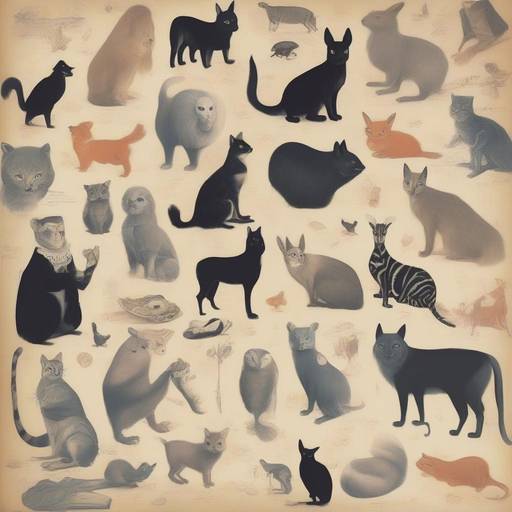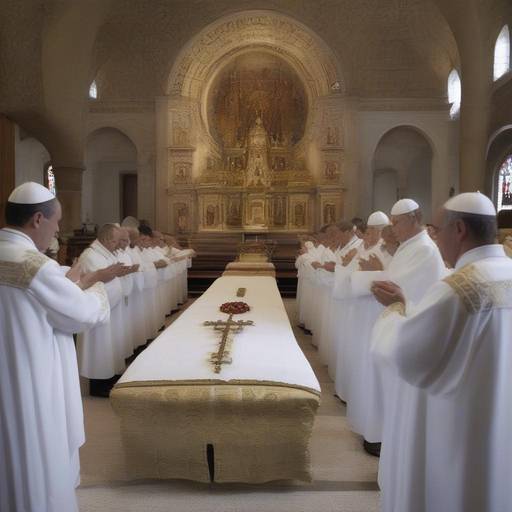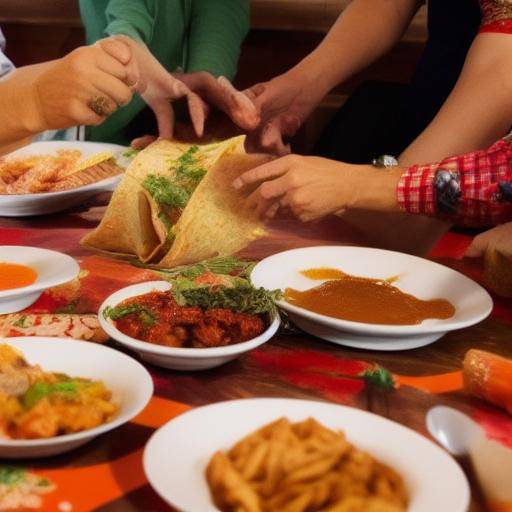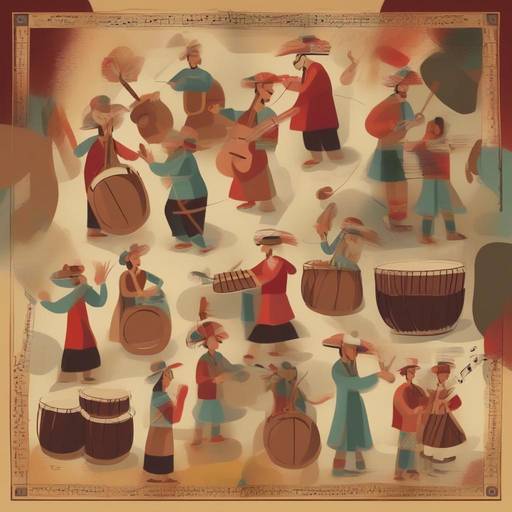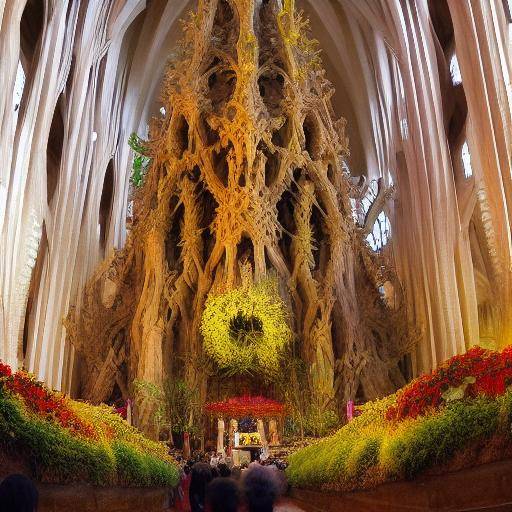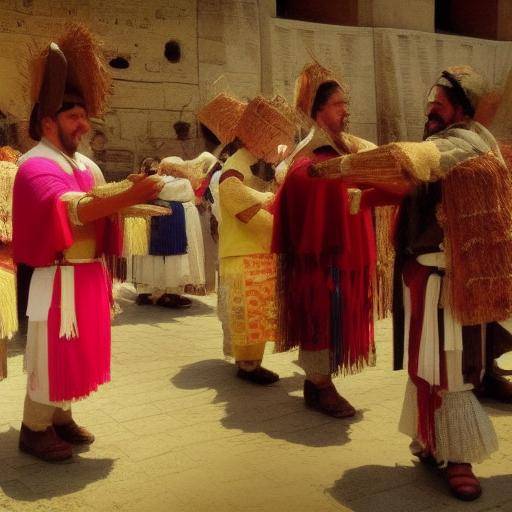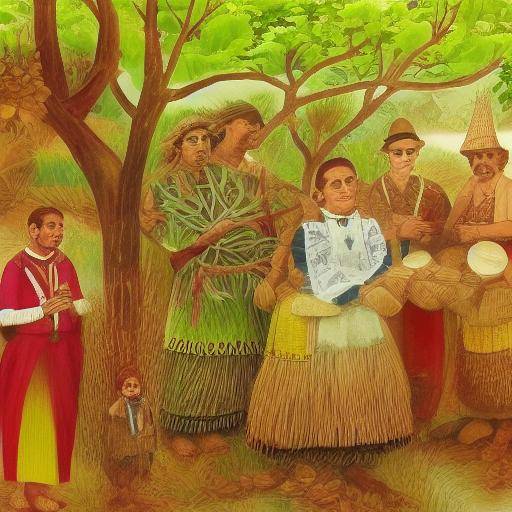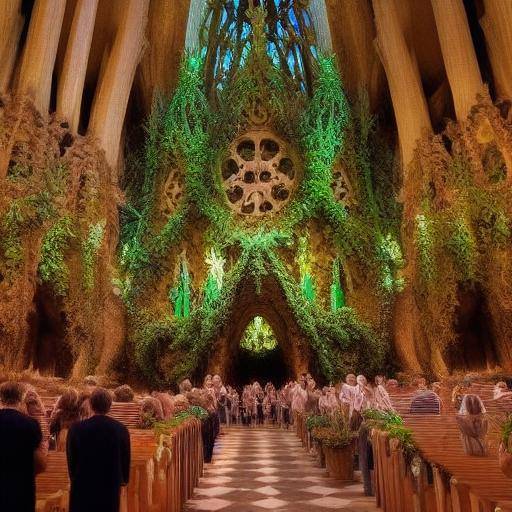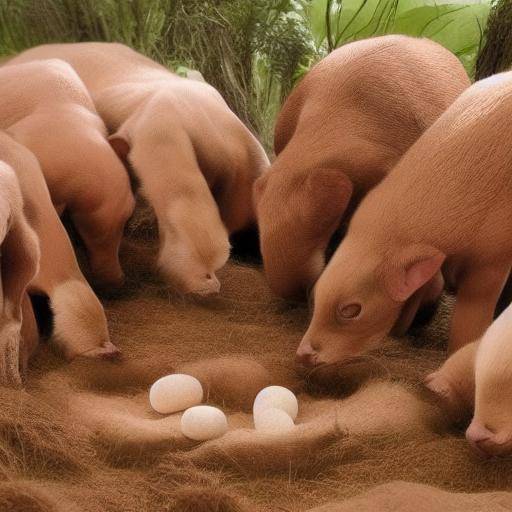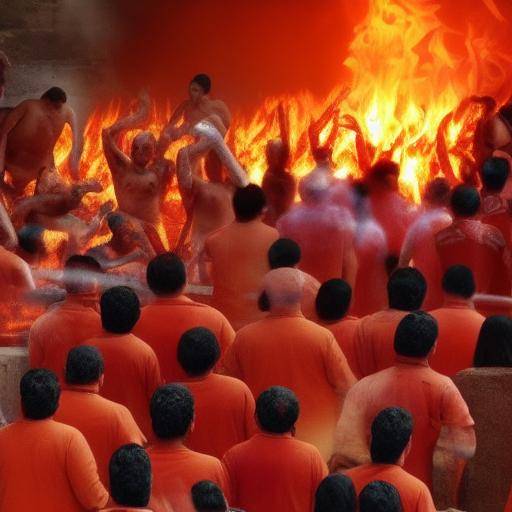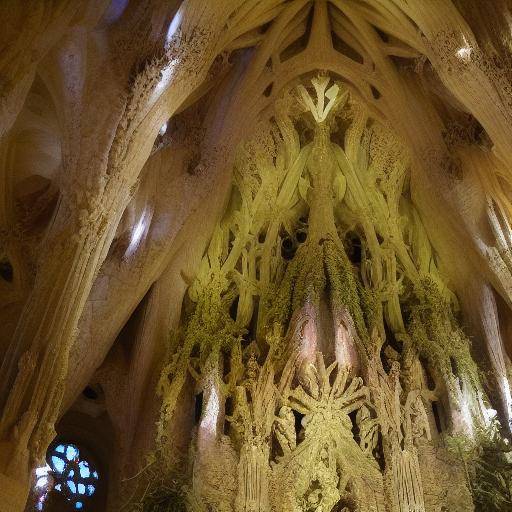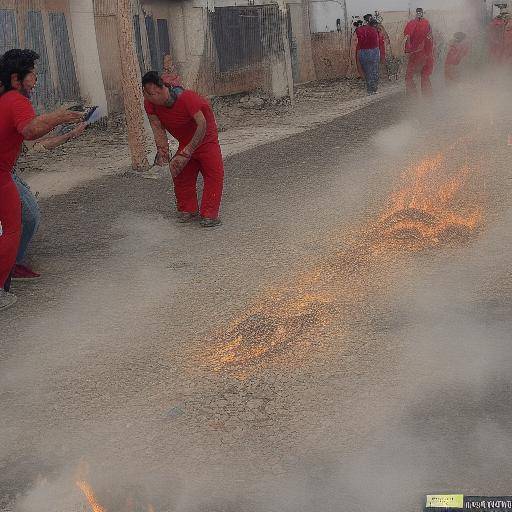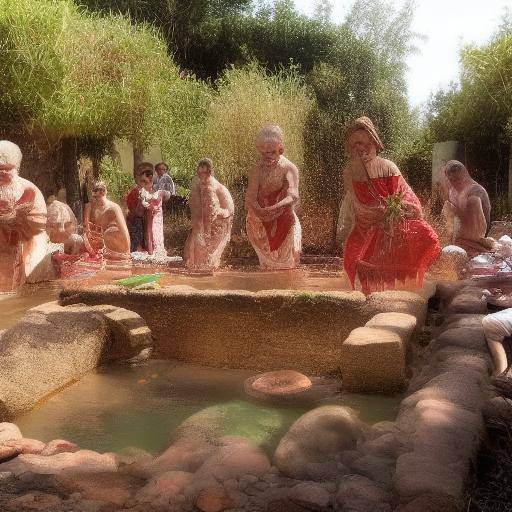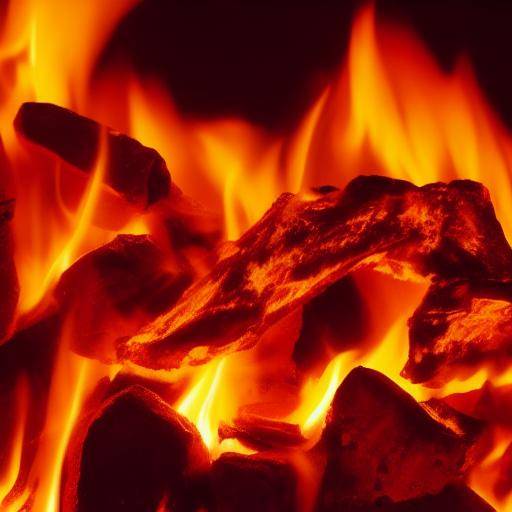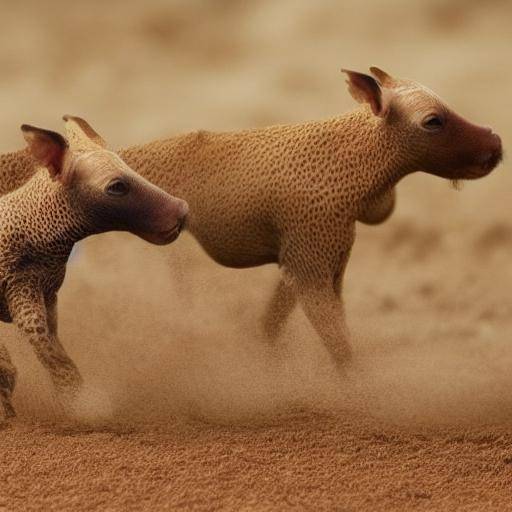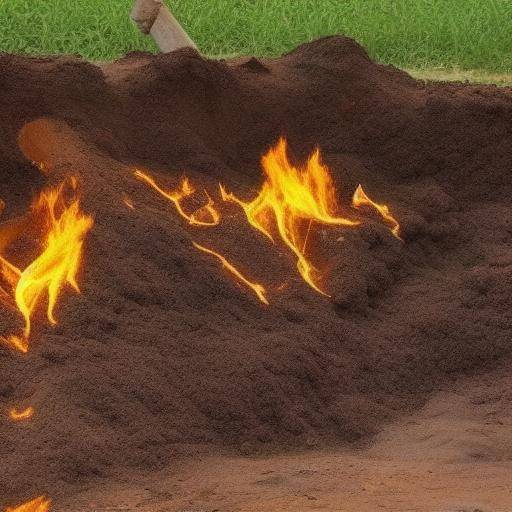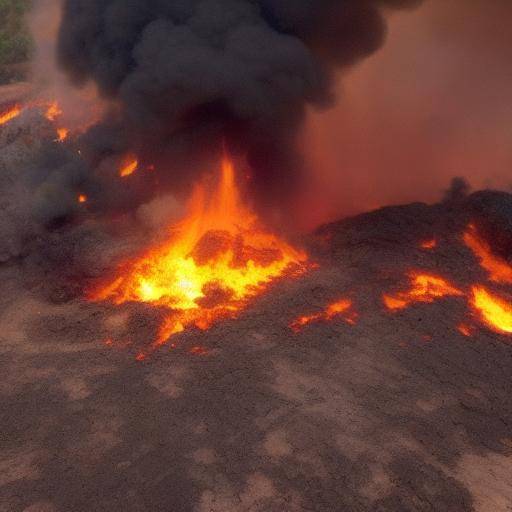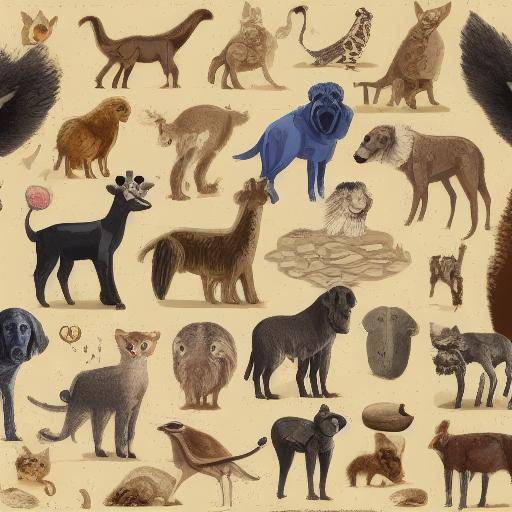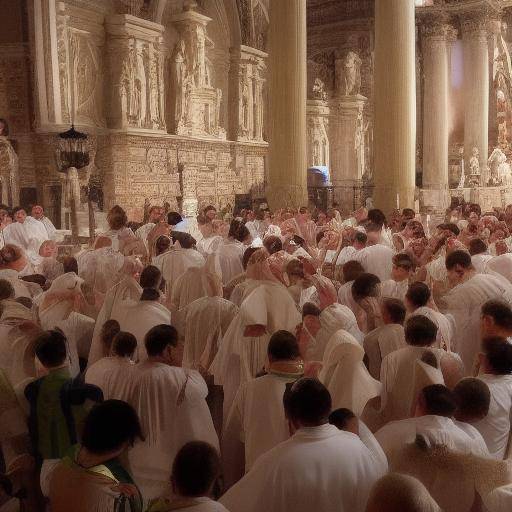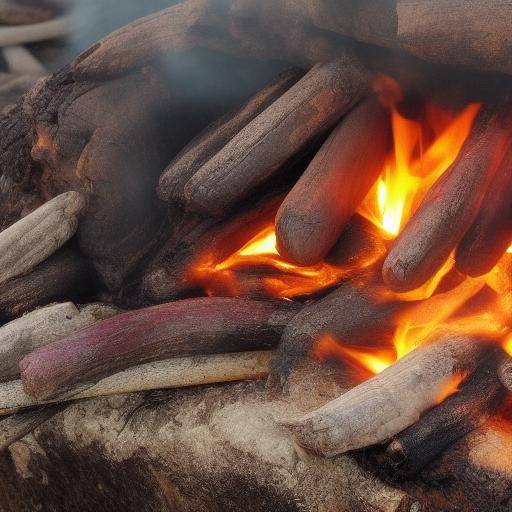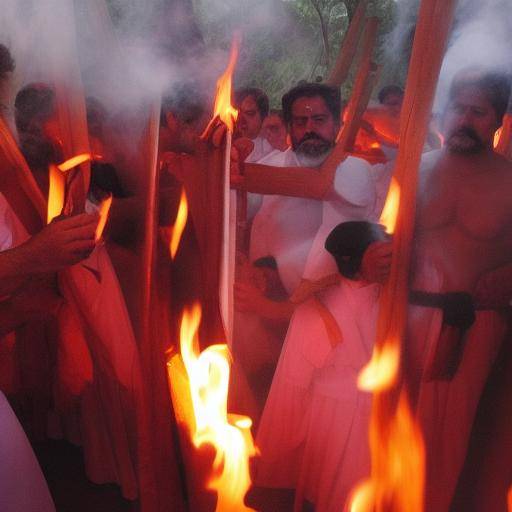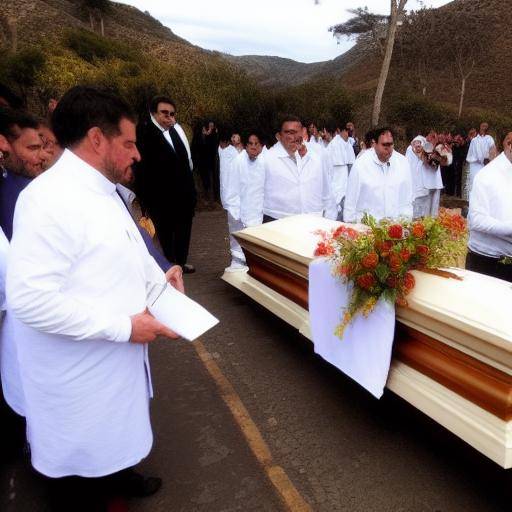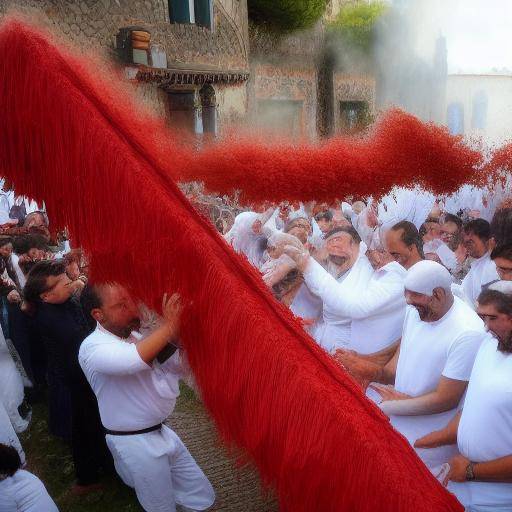
Introduction
Fire has played a significant role in funeral traditions throughout history and in various cultures around the world. From the ancient practices of cremation to the contemporary commemorative ceremonies, fire has been fundamental in the process of farewell and honor to loved ones who have passed away. In this article, we will explore in detail the role that fire plays in funeral traditions, the historical evolution of its use, its cultural and spiritual relevance, as well as the various perspectives around this symbolism. In addition, we will analyze the relationship between fire, funeral traditions and the role it plays in these very significant practices.
History and Background
The use of fire in funeral traditions has deeply rooted in the history of humanity. From ancient civilizations to contemporary societies, fire has been a fundamental part of the farewell of loved ones. In ancient times, cremation was a common practice in several cultures, where fire was used to purify the body of the deceased. In some traditions, fire was believed to act as a means of freeing the spirit of the physical body, allowing it to transcend the next life. Over the centuries, funeral practices have evolved, but the symbolism of fire has persisted as an essential element in most funeral ceremonies.
The Evolution of Funeral Traditions
As societies evolved, funeral practices also experienced significant changes. From ancient civilizations such as the Egyptian, where they performed elaborate burial rituals with the use of fire in the process of embalming, to contemporary ceremonies that integrate cremation as an option requested by many, the fire has maintained its presence as a symbol of transition and transformation. This change in funeral practices has been influenced by cultural, religious and environmental factors, leading to a diversity of approaches and rituals related to fire in the context of the farewell of loved ones.
Historical Cases and Cultural Aspects
In exploring the history and evolution of funeral traditions, it is vital to consider historical cases and cultural aspects that have shaped the way fire is integrated into these rituals. For example, in Hindu culture, cremation is a widely accepted practice, where the body is placed in a funeral pyre and lit to allow the release of the soul. In contrast, some indigenous communities use fire ceremonies as a means of honoring the life of the deceased and celebrating its legacy. Cultural diversity in the application of fire in funeral traditions highlights the wealth and complexity of beliefs and practices around death and beyond.
Deep analysis
The role of fire in funeral traditions encompasses a wide range of meanings and symbolisms. In addition to its historical and cultural roots, the use of fire in these rituals entails a series of deep analyses that reflect its importance in the human worldview.

